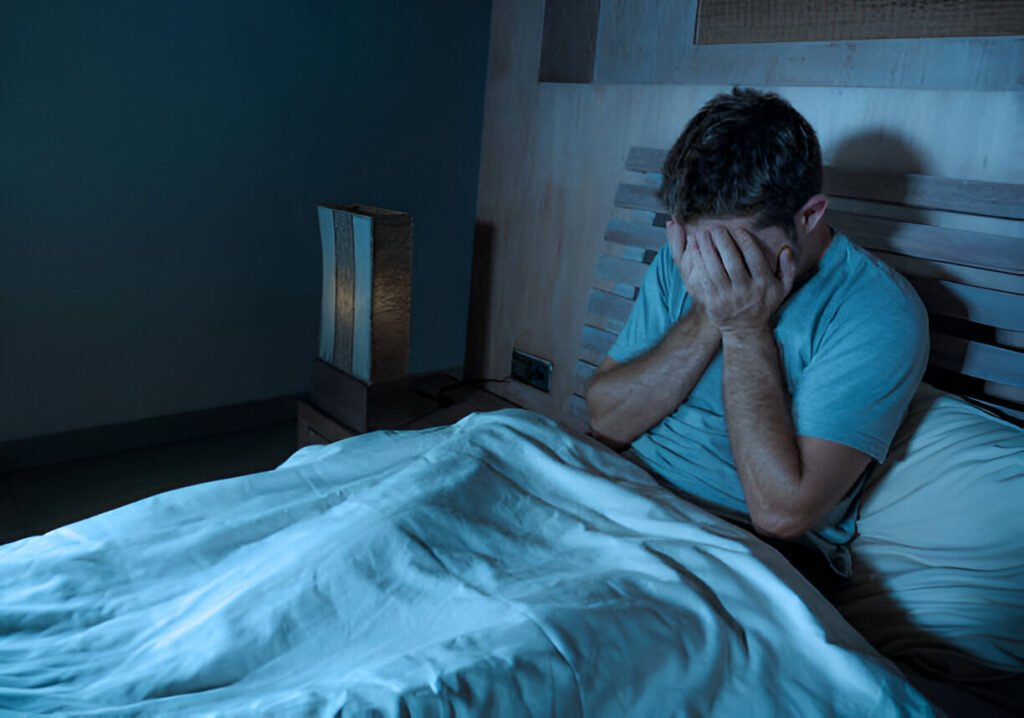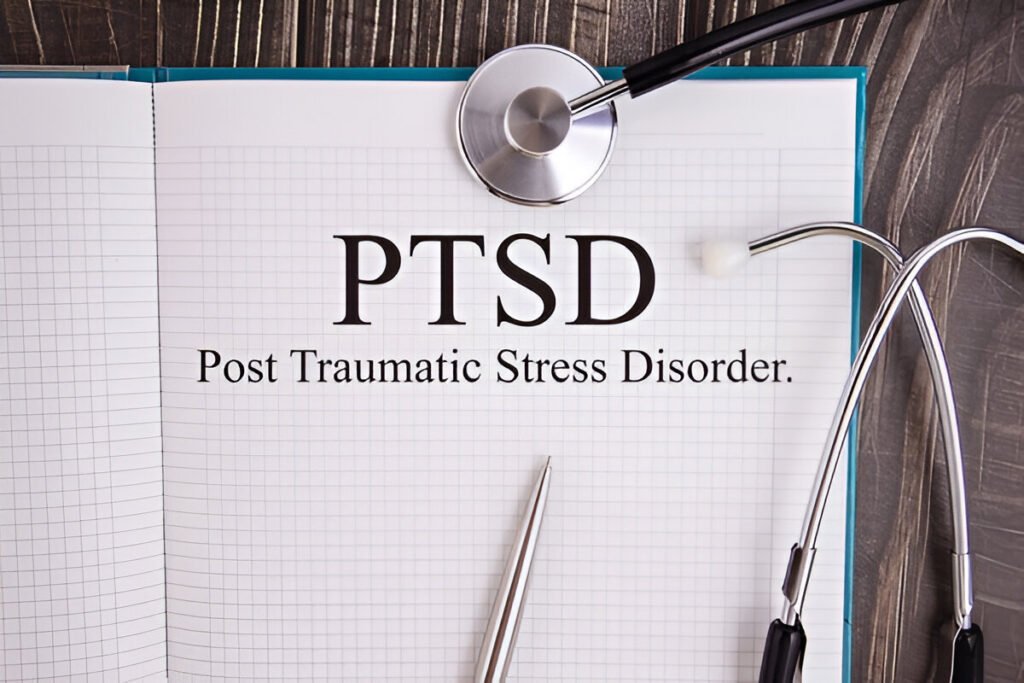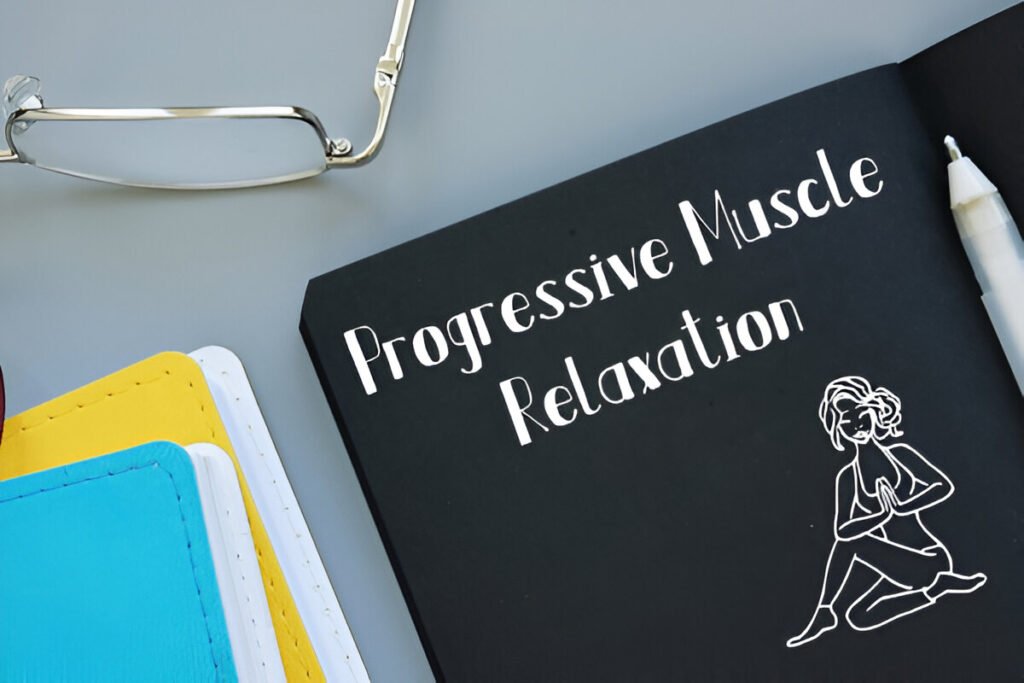Managing insomnia without medication is essential for promoting both physical and mental well-being. Insomnia, a common sleep disorder, manifests as difficulty falling asleep, staying asleep, or waking up too early without the ability to return to sleep. This condition can significantly impact daily life, leading to fatigue, mood disturbances, and cognitive impairments. Insomnia is classified into two types: acute, which is temporary, and chronic, defined by insomnia symptoms occurring at least three nights a week for three months or longer. For an intervention to be effective, it is essential to comprehend these differences.
Addressing insomnia is critical because poor sleep quality is associated with a range of serious health issues, including cardiovascular disease, obesity, diabetes, depression, and anxiety. By implementing effective management strategies, individuals can enhance their sleep quality and overall daily functioning while mitigating the risks associated with long-term sleep deprivation. Therefore, recognizing the importance of sleep hygiene and its role in maintaining good health cannot be overstated.
There are numerous non-medication approaches to managing insomnia that focus on lifestyle modifications, relaxation techniques, cognitive-behavioural strategies, and alternative therapies. These methods aim to tackle the root causes of insomnia and promote better sleep hygiene, allowing individuals to establish healthier sleep patterns without the need for medication. By exploring these diverse strategies, individuals can find effective solutions tailored to their unique circumstances, leading to improved sleep and a better quality of life. Managing insomnia without medication involves the following key strategies:
1. Understanding Insomnia
Understanding insomnia is essential for addressing its impact on health and daily life. Insomnia is primarily categorized into two types: acute and chronic. Acute insomnia is typically a short-term condition triggered by stress, anxiety, or situational factors such as illness or significant life changes. This form of insomnia often resolves spontaneously once the underlying stressor is managed. In contrast, chronic insomnia is a long-term disorder characterized by persistent sleep difficulties, which may stem from various medical conditions, psychological issues, or poor sleep habits. Individuals suffering from chronic insomnia frequently experience notable daytime impairment and may require specific interventions to improve their sleep quality.
Several common factors contribute to the onset of insomnia. Stress and anxiety are significant culprits; stressful life events and ongoing mental health disorders can disrupt sleep patterns, as the body’s stress response can create heightened arousal, making relaxation challenging. Lifestyle choices also play a crucial role in sleep quality; irregular sleep schedules, excessive screen time before bed, and the consumption of stimulants like caffeine and nicotine can negatively affect circadian rhythms. Furthermore, certain medical conditions, including chronic pain, respiratory disorders, and gastrointestinal issues, can interfere with sleep, as can hormonal changes and medications for other health issues. Identifying these factors is key to managing and alleviating insomnia effectively.

2. Lifestyle Changes to Combat Insomnia
Implementing effective lifestyle changes is crucial for combating insomnia and enhancing sleep quality. One of the fundamental aspects of improving sleep hygiene is creating a conducive sleep environment. This involves ensuring that the bedroom is equipped with a comfortable mattress and supportive pillows, maintaining a cool room temperature, and minimizing noise and light disturbances. Utilizing blackout curtains, earplugs, or white noise machines can significantly enhance the quality of sleep, allowing for a more restorative experience. In addition, establishing a consistent sleep schedule is vital; going to bed and waking up at the same time every day helps regulate the body’s internal clock, promoting better sleep consistency even on weekends.
Diet and nutrition also play a significant role in sleep quality. Certain foods and beverages can disrupt sleep patterns; therefore, it’s advisable to avoid stimulants such as caffeine, alcohol, and heavy meals in the hours leading up to bedtime. These substances can interfere with the body’s ability to wind down and relax before sleep. On the other hand, include meals high in magnesium, such as leafy greens and whole grains, combined with foods high in tryptophan, like turkey, nuts, and seeds, to promote relaxation and enhance the quality of your sleep. These dietary adjustments can create a more favourable environment for restful sleep.
Regular physical activity is another essential component of managing insomnia. Engaging in consistent exercise not only enhances sleep quality but also reduces symptoms of insomnia by alleviating stress and anxiety. Physical activity promotes physical fatigue, making it easier to fall asleep at night. However, timing is important; it’s best to complete vigorous workouts at least a few hours before bedtime to prevent overstimulation. On the other hand, gentle exercises such as yoga or stretching in the evening can be beneficial, as they promote relaxation and prepare the body for a restful night’s sleep. Adopting these lifestyle changes can lead to significant improvements in sleep quality and overall well-being.
3. Relaxation Techniques
Incorporating relaxation techniques into your bedtime routine can significantly improve sleep quality by reducing stress and promoting a sense of calm. Mindfulness and meditation are particularly effective methods for achieving this. Practices such as guided imagery, mindfulness meditation, and body scan meditation allow individuals to focus on the present moment, clearing the mind of racing thoughts. These techniques help to calm the mind and prepare the body for restful sleep by fostering a state of relaxation that counters the stressors of the day.
Deep breathing exercises, especially the diaphragmatic breathing technique, are another effective relaxation method. This method involves focusing on slow, deep breaths that engage the diaphragm, promoting oxygen flow and activating the body’s relaxation response. By concentrating on each breath and consciously relaxing the body, individuals can significantly reduce tension and anxiety, making it easier to transition into a restful state before bedtime. Deep breathing serves as a natural way to lower heart rate and prepare the body for sleep.
Progressive muscle relaxation (PMR) is another valuable technique that can help combat insomnia. This method entails systematically tensing and then relaxing different muscle groups throughout the body, starting from the toes and working up to the head. By focusing on the sensations of tension and relaxation, individuals can become more aware of physical stress and learn to release it effectively. This practice reduces physical tension and cultivates a profound sense of calm, making it an excellent addition to a bedtime routine.
Finally, visualization techniques can be a useful tool in promoting relaxation and sleep readiness. By imagining a peaceful and serene scene—such as a tranquil beach or a quiet forest—individuals can distract themselves from intrusive thoughts and stressors. This mental imagery not only aids in reducing anxiety but also creates a tranquil mental space conducive to sleep. By incorporating these various relaxation techniques, individuals can enhance their ability to fall asleep and improve overall sleep quality, leading to more restful nights and rejuvenated mornings.
4. Cognitive Behavioral Strategies
Cognitive-behavioural strategies are essential for effectively managing insomnia by addressing the negative thought patterns that often exacerbate sleep difficulties. Individuals are encouraged to identify and challenge these detrimental beliefs through self-reflection and awareness. One effective method for tracking these thoughts and associated behaviours is maintaining a sleep diary. By recording their experiences, individuals can gain insights into how their thoughts influence their sleep, ultimately paving the way for more constructive changes.
Cognitive Behavioral Therapy for Insomnia (CBT-I) is a structured intervention specifically designed to tackle the underlying thoughts and behaviours contributing to insomnia. Typically involving several sessions with a trained therapist, CBT-I encompasses various components such as cognitive restructuring, sleep restriction, and stimulus control. This approach helps individuals reframe negative thoughts about sleep and provides practical strategies to improve sleep hygiene and create a more conducive sleep environment.
Within the framework of CBT-I, behavioural techniques play a crucial role in enhancing sleep quality. One such method is sleep restriction, which entails limiting the time spent in bed to the actual duration of sleep. This practice helps consolidate sleep and improve overall sleep efficiency. Additionally, stimulus control techniques aim to strengthen the association between the bedroom and sleep by minimizing activities like working, eating, or watching television in bed. By focusing on these behavioural adjustments, individuals can create a stronger connection between their sleeping environment and restful sleep, leading to a more restorative night’s rest.
5. Alternative Therapies
Alternative therapies offer a variety of natural solutions for managing insomnia, with herbal remedies being among the most widely used. Chamomile, renowned for its calming properties, is a popular choice for those seeking to improve sleep quality. Drinking chamomile tea before bedtime can help induce relaxation, making it easier to unwind after a long day. This gentle herb has been cherished for centuries for its soothing effects, making it an accessible option for those struggling with sleep disturbances.
Another effective herbal remedy for insomnia is valerian root. This herb has been utilized for centuries to alleviate sleep-related issues, with research indicating that it can help decrease the time it takes to fall asleep and enhance overall sleep quality. Valerian root may work by influencing certain neurotransmitters in the brain, promoting a sense of calm and relaxation that is conducive to sleep. As a natural alternative, valerian root can be a valuable addition to one’s bedtime routine, particularly for individuals seeking non-pharmaceutical options for their insomnia.
In addition to herbal remedies, alternative therapies like acupuncture and aromatherapy have gained popularity for their potential benefits in managing sleep disorders. Acupuncture, a traditional Chinese practice, involves inserting fine needles into specific points on the body to promote relaxation and balance energy flow. Many individuals report improved sleep quality and reduced insomnia symptoms following acupuncture sessions. Similarly, aromatherapy utilizes essential oils—such as lavender and bergamot—to create a calming atmosphere conducive to sleep. Diffusing these scents in the bedroom or adding them to a warm bath can enhance relaxation, making it easier to drift off into a peaceful slumber. Integrating these alternative therapies into a sleep routine may offer individuals effective, holistic approaches to managing insomnia.

When to Seek Professional Help
When insomnia continues despite efforts to implement non-medication strategies, it may be crucial to seek professional assistance. Indicators that it’s time to consult a specialist include persistent severe daytime fatigue, difficulty concentrating, significant mood changes, or insomnia that disrupts daily activities. Recognizing these signs is vital for ensuring overall health and well-being, as chronic sleep disturbances can have far-reaching effects on physical and mental health.
One of the tools specialists may use to diagnose sleep disorders is a sleep study, also known as polysomnography. This comprehensive assessment monitors various physiological functions during sleep, such as brain activity, eye movements, heart rate, and breathing patterns. By gathering this valuable information, healthcare providers can better understand the underlying issues contributing to insomnia and tailor a treatment plan that addresses the individual’s specific needs. Seeking professional help can provide essential insights and strategies for effectively managing insomnia and improving overall sleep quality.
Conclusion
Effectively managing insomnia without medication requires a comprehensive approach that encompasses lifestyle changes, relaxation techniques, cognitive-behavioural strategies, and alternative therapies. By integrating these diverse methods, individuals can enhance their sleep quality and improve their overall well-being. This multifaceted strategy not only addresses the symptoms of insomnia but also targets the underlying factors that contribute to sleep disturbances, fostering a healthier sleep environment and routine.
Readers are encouraged to actively explore these non-medication options and discover which approaches resonate most with their individual needs. The journey to better sleep may involve patience and a willingness to experiment with different techniques, but the benefits of achieving restful nights and revitalized days make the effort worthwhile. Embracing these strategies can lead to profound improvements in sleep quality and overall health, empowering individuals to reclaim their nights and enhance their daily lives.





